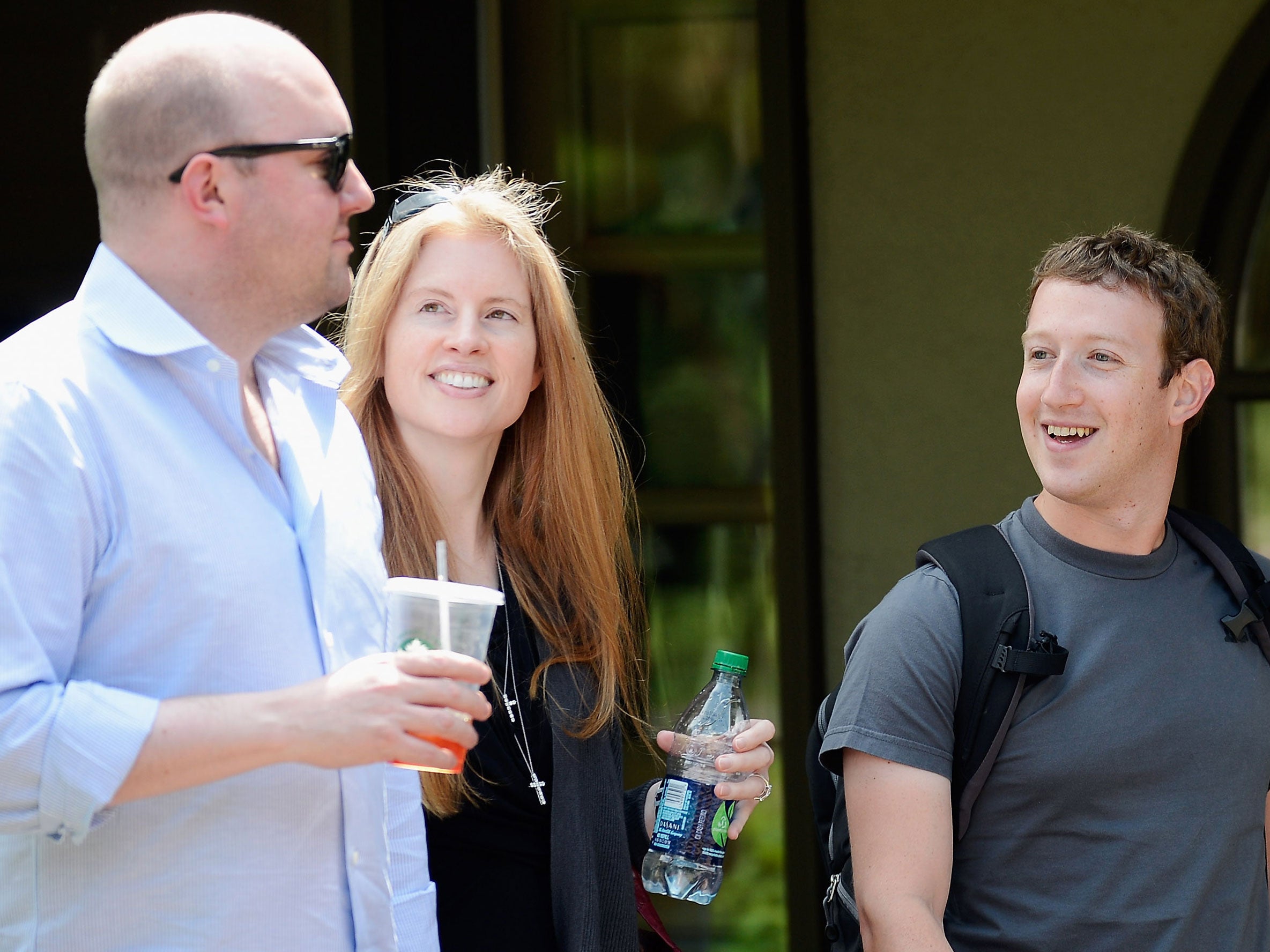The Independent's journalism is supported by our readers. When you purchase through links on our site, we may earn commission.
Mark Zuckerberg shames Facebook board member Marc Andreessen for 'deeply upsetting' India tweets
Andreessen said India's blocking of Facebook's Free Basics service was based in 'anti-colonialism', which he claimed had been 'economically catastrophic' for the country

Your support helps us to tell the story
From reproductive rights to climate change to Big Tech, The Independent is on the ground when the story is developing. Whether it's investigating the financials of Elon Musk's pro-Trump PAC or producing our latest documentary, 'The A Word', which shines a light on the American women fighting for reproductive rights, we know how important it is to parse out the facts from the messaging.
At such a critical moment in US history, we need reporters on the ground. Your donation allows us to keep sending journalists to speak to both sides of the story.
The Independent is trusted by Americans across the entire political spectrum. And unlike many other quality news outlets, we choose not to lock Americans out of our reporting and analysis with paywalls. We believe quality journalism should be available to everyone, paid for by those who can afford it.
Your support makes all the difference.Facebook chief executive Mark Zuckerberg has publicly chided board member Marc Andreessen for his “deeply upsetting” comments on the legacy of colonialism in India.
Andreessen stoked controversy on Twitter on 10 February when he said India's blocking of Facebook's Free Basics service, which offers limited internet access to poor people in developing countries, was “morally wrong”.
The Indian telecoms regulator blocked the service over concerns relating to net neutrality, but Andreessen seemed to claim that the decision was motivated by Indian “anti-colonialism,” which he said “has been economically catastrophic for the Indian people for decades.”
Many Twitter users, from India and elsewhere, criticised Andreessen for his comments. The offending tweet was quickly deleted and Andreessen issued an apology, in which he claimed he is a “huge admirer of the nation of India and the Indian people,” and saying in future he would leave commentary on these kinds of topics “to people with more knowledge and experience than me.”
Some Indian commentators have expressed similar sentiments before, however. Journalist Manu Joseph said in a January Hindustan Times article that if India's poor “fully understood what they are being denied” by internet freedom activists, they would “hit the streets and bring the nation to a halt.”
Critics of Free Basics argued that by limiting which sites users could visit, Facebook was going against the principle that all internet users should be treated the same by service providers. Many also expressed discomfort over the idea of Facebook controlling the internet experiences of some of the world's poorest people.
After Andreessen's apology, Zuckerberg took to his personal Facebook page, which has almost 50 million followers, to show his disagreement with the venture capitalist's remarks.
He said: “I found the comments deeply upsetting, and they do not represent the way Facebook or I think at all.”
The CEO also spoke about his links to India, writing: “India has been personally important to me and Facebook. Early on in my thinking about our mission, I travelled to India and was inspired by the humanity, spirit and values of the people.”
He said: “Facebook stands for helping to connect people and giving them voice to shape their own future. But to shape the future we need to understand the past."
“As our community in India has grown, I've gained a deeper appreciation for the need to understand India's history and culture. I've been inspired by how much progress India has made in building a strong nation and the largest democracy in the world, and I look forward to strengthening my connection to the country.”
There are over 130 million Facebook users in India, and Zuckerberg has a high-profile presence in the country, last year meeting with prime minister Narendra Modi.
The social network's battles with the Indian authorities over Free Basics also led Zuckerberg to write a passionate editorial in defence of the service which was published in the Times of India, the country's biggest English-language newspaper.
Join our commenting forum
Join thought-provoking conversations, follow other Independent readers and see their replies
Comments